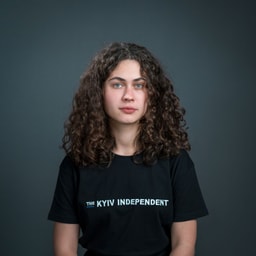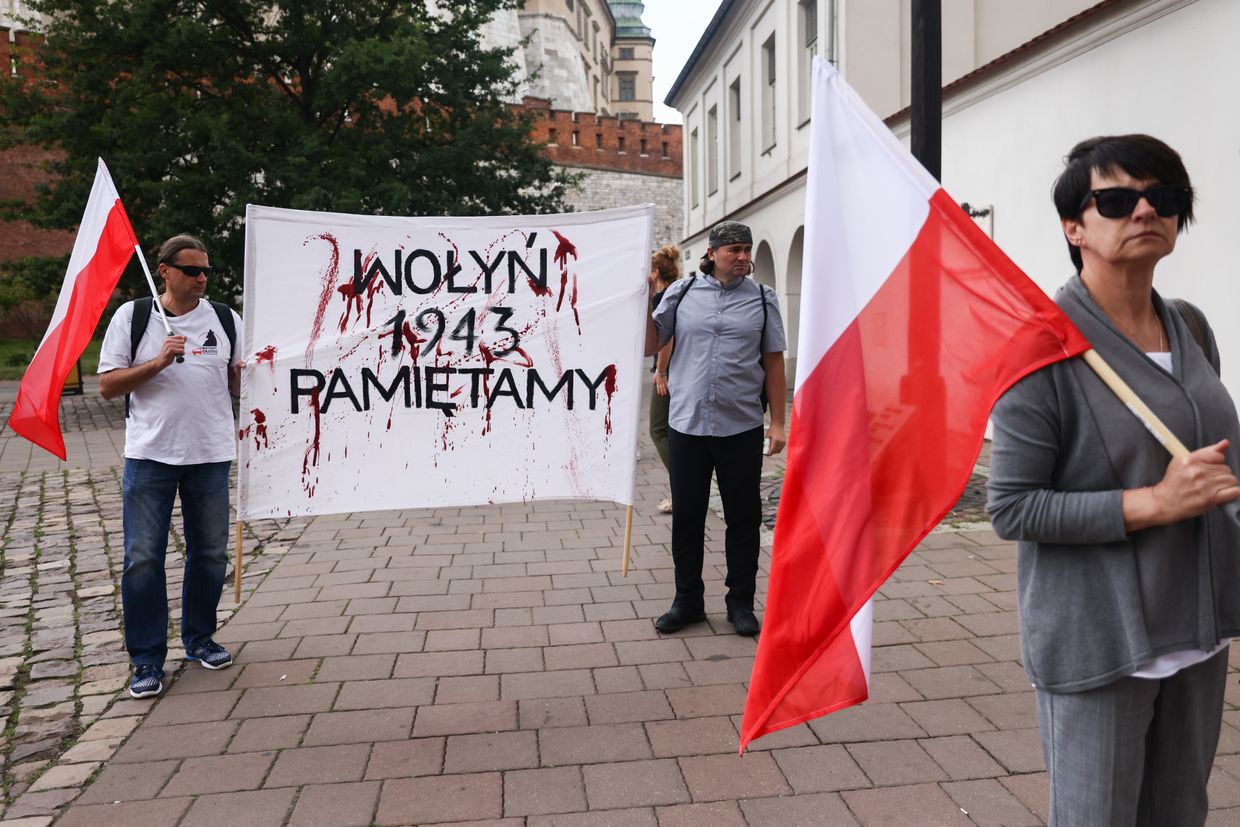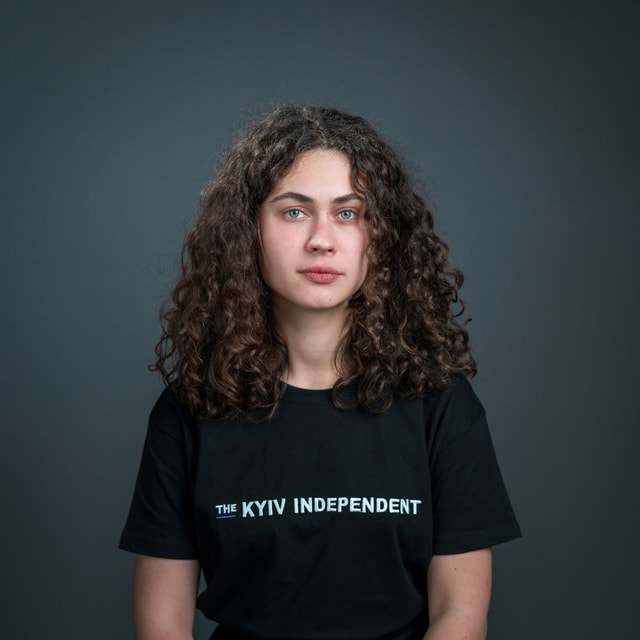Ukraine has no chance of joining EU until Volyn massacre issue is resolved, Polish minister says

Ukraine "will have no chance" of joining the European Union until it recognizes the Volyn tragedy as a genocide, Polish Deputy Prime Minister Wladyslaw Kosiniak-Kamysz said at a press conference on Aug. 26, the Polish Press Agency reported.
"If Ukraine does not come to terms with the genocide in Volyn, if there is no exhumation or commemoration, it will have no chance of joining the European Union," Kosiniak-Kamysz said.
He added, however, that "refusing to support Ukraine at war is contrary to the security interests of the Polish state" and that "helping Ukraine at war also means building a secure Poland."
In 1943, members of the Ukrainian Insurgent Army (UPA) massacred thousands of Poles in Nazi-occupied Volyn in Poland, a region that is now part of western Ukraine. Thousands of Ukrainians were killed in retaliation.
Ukrainian historian Serhii Plokhy, director of the Ukrainian Research Institute at Harvard University, estimates that the number of Polish victims of the massacre varies from 60,000 to 90,000. The number of Ukrainians killed by Poles in the 1940s is estimated at between 10,000 and 20,000, including between 2,000 and 3,000 in Volyn, according to Polish historian Grzegorz Motyka.
The Volyn massacre has been the Achilles' heel of Ukrainian-Polish relations and is now used as a political weapon by Polish politicians. Half of Poles believed Ukraine should not join NATO or the European Union until the issue of exhuming Volyn massacre victims is resolved, according to a poll published on Jan. 30.
In July Polish President Karol Nawrocki urged Ukrainian President Volodymyr Zelensky to allow full-scale exhumations of Polish victims of the Volyn massacre, even as the long-stalled process had already resumed in April.
On Aug. 25, Nawrocki also vetoed a bill that would have extended financial support for Ukrainian refugees.
Legislation proposed by the president also included granting benefits only to Ukrainians who are employed in Poland, extending the period needed to obtain Polish citizenship, harsher penalties for illegal border crossings, and equating Ukrainian nationalist symbols with Nazi and Communist symbols in Poland's criminal code.
Polish Deputy Prime Minister Krzysztof Hawkowski said on Aug. 26 that "Russia is delighted" with Nawrocki's decision to veto the law on aid to Ukrainian citizens.
"Hundreds of Russian trolls applaud the Chancellery's posts and try to dissuade Poland from helping Ukraine, which is fighting for independence,” he said on a social media post.
Nawrocki, a conservative backed by the opposition Law and Justice party, narrowly won Poland's presidential election on June 1 with 50.89% of the vote, defeating Warsaw Mayor Rafal Trzaskowski, backed by Prime Minister Donald Tusk's ruling coalition.
A historian-turned-politician, Nawrocki's ascent to the presidential office signals growing challenges for Polish-Ukrainian relations. While the new head of state affirmed support for Ukraine's struggle against Russian aggression, he also spoke out against Kyiv's EU and NATO aspirations, often drawing attention to past historical grievances.
The conservative's victory also maintains the ideological divide between the Polish Presidential Office and Tusk's centrist government.











